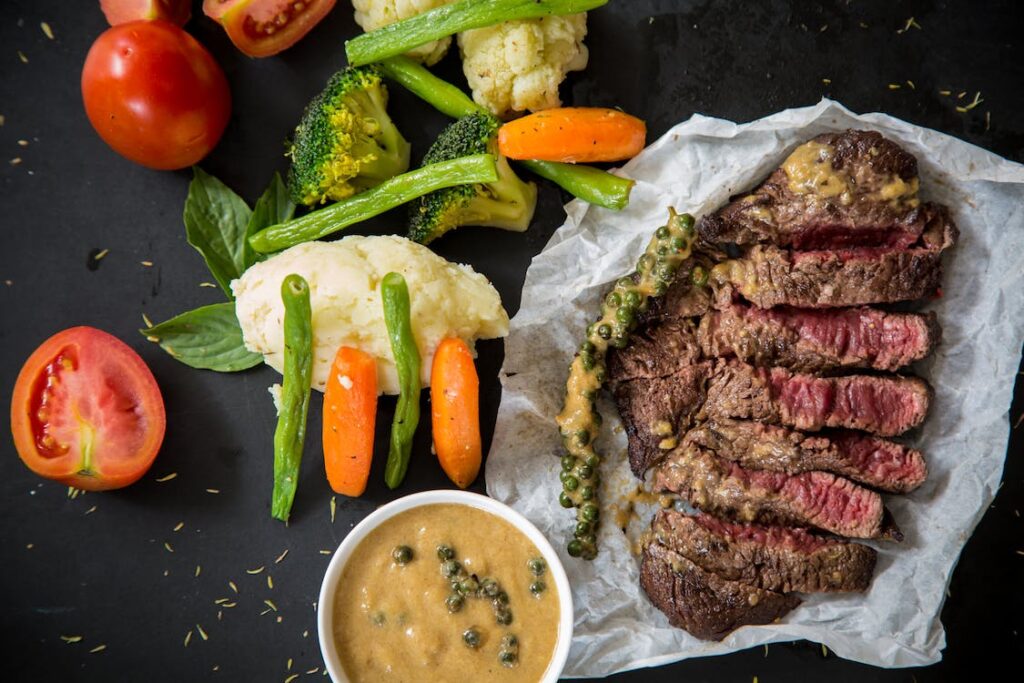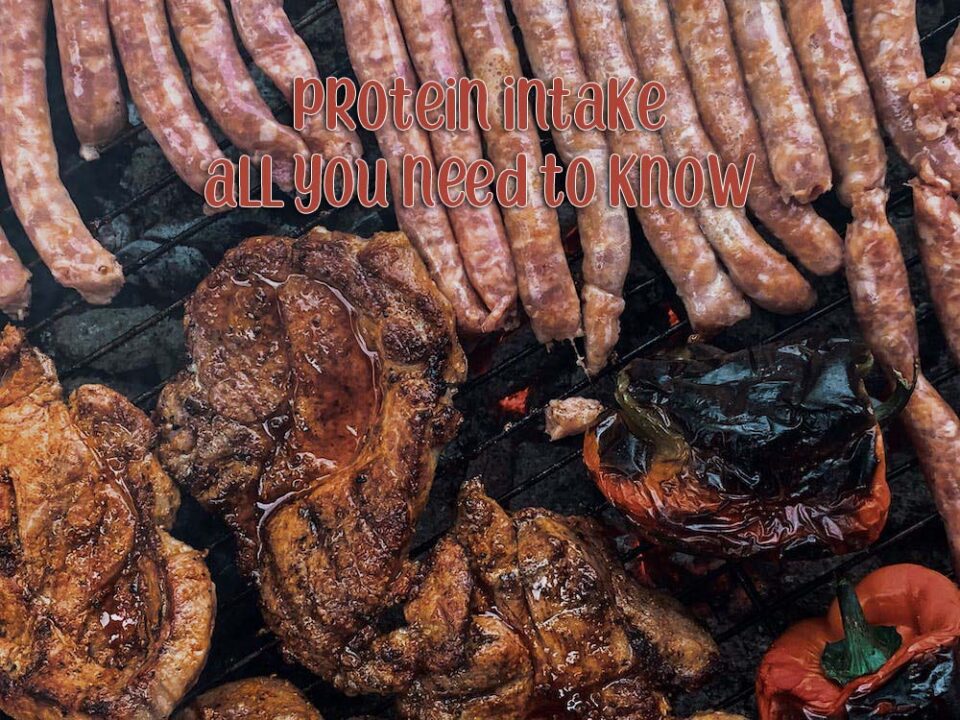
Introduction
Protein is a vital macronutrient that our body requires for a myriad of physiological functions. It plays a crucial role in cell maintenance and repair, immune response, growth and development, and in providing energy. Hence, understanding the importance of protein intake, its sources, absorption, and the potential effects of a high protein diet on our bodies can contribute significantly to our overall health and well-being.
What Is Protein?
Protein is a complex molecule composed of amino acids, the building blocks of life. There are twenty types of amino acids, nine of which are essential, meaning that our body cannot synthesize them and we must obtain them from our diet.
Proteins, once consumed, are broken down into these constituent amino acids by our digestive system. These amino acids are then utilized in various metabolic processes, synthesizing new proteins and other molecules, contributing to the growth, repair, and maintenance of tissues and cells.
Protein Intake Daily Allowance
The Recommended Daily Allowance (RDA) for protein for adults is 46 grams for women and 56 grams for men. However, these values might vary depending on one’s age, activity level, and health status. For instance, athletes, pregnant women, and individuals recovering from illness or surgery might require more protein.
Moreover, some health professionals and nutritionists argue that the average protein intake should be higher than the RDA, especially for those aiming for weight loss or muscle gain. High-protein diets have been associated with increased satiety and improved body composition.
Foods with the Highest Protein
Protein is present in various food groups. Here are some of the richest protein sources:
- Meat and Poultry: Lean meats like chicken, turkey, and lean cuts of beef and pork are great protein sources.
- Seafood: Fish such as salmon, tuna, and halibut, along with shellfish like shrimp and crab, are high in protein.
- Eggs: A single egg can provide about 6 grams of protein.
- Dairy Products: Milk, cheese, and especially Greek yogurt are rich in protein.
- Legumes and Pulses: Lentils, chickpeas, and all kinds of beans provide ample plant-based protein.
- Nuts and Seeds: Almonds, peanuts, chia seeds, and flaxseeds are packed with protein.
- Soy Products: Tofu, tempeh, and edamame are protein-rich.
- Whole Grains: Quinoa, amaranth, and spelt are among the grains highest in protein.
Protein Absorption
The body absorbs proteins by first breaking them down into amino acids or small peptides through enzymes present in the stomach and small intestine. Once these molecules are small enough, they are absorbed by the small intestine’s cells and released into the bloodstream, where they can be transported throughout the body.
This absorption process is highly efficient, but it’s also regulated by the body’s needs. When we consume more protein than required, the excess amino acids are usually converted into other compounds, like glucose or fatty acids, or excreted.
High Protein Diet: Pros and Cons
A high-protein diet has been linked to several health benefits. Studies have shown that it can promote weight loss, increase muscle mass, improve wound healing, and regulate blood sugar levels. Moreover, consuming more protein can increase feelings of fullness, helping to control hunger and prevent overeating.
However, like anything in excess, high protein intake can have potential downsides. For individuals with pre-existing kidney disease, a high-protein diet can exacerbate the condition. There’s also concern about diets high in red and processed meats increasing the risk of heart disease and certain cancers.
Also, diets overly focused on protein might lack essential nutrients that come from fruits, vegetables, and whole grains. Hence, it’s important to ensure a balanced intake of all nutrients.
Conclusion
Protein is an essential nutrient vital for our bodies’ optimal function. While it’s important to ensure sufficient protein intake, focusing solely on this nutrient can lead to an unbalanced diet. The key is to maintain a well-rounded diet, rich in various nutrients from diverse food groups. If considering a high-protein diet, it’s advisable to consult with a healthcare professional or a registered dietitian to ensure it aligns with your unique nutritional needs and health status.

